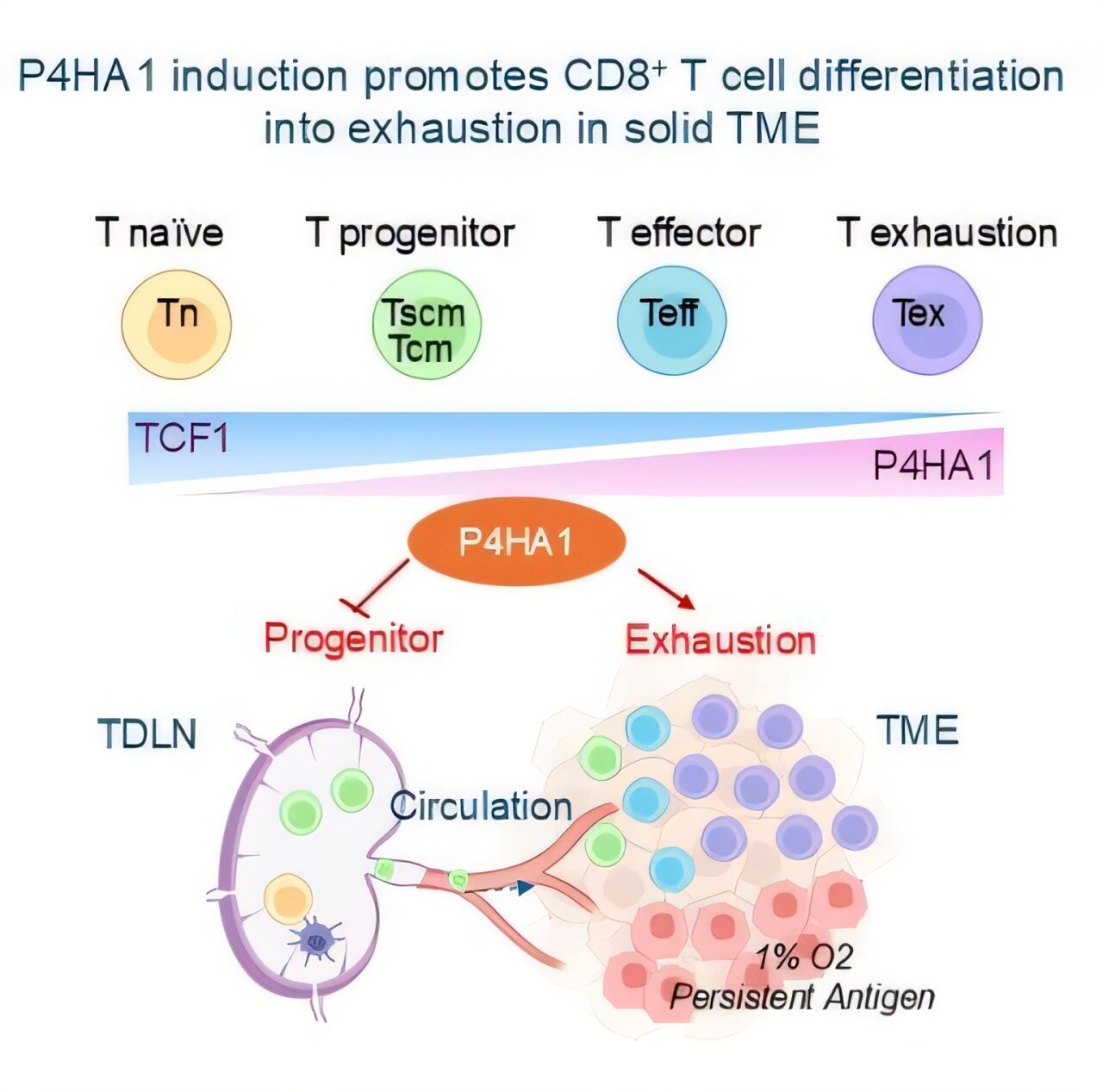Researchers from the University of Copenhagen and Rigshospitalet have made significant progress in developing a new treatment for pancreatic cancer, one of the deadliest forms of cancer with alarmingly low survival rates. Their study, published in Science Advances, focuses on Antibody Drug Conjugates (ADC), a technique that combines precision targeting of cancer cells with minimal damage to healthy tissue. This approach not only kills cancer cells directly but also destroys the support cells that help the tumor grow and shield itself, weakening the tumor structure and allowing the body’s immune system to better attack and eliminate the cancer.
The ADC technique employs a “Trojan horse” strategy, comprising an antibody designed to locate and attach to cancer cells, a chemical linker, and a potent chemotherapy drug. Once the antibody binds to the cancer cell and is internalized, the linker decomposes, activating the chemotherapy drug to kill the cell from within. To prepare for human trials, the researchers have “humanized” the antibody, modifying it to resemble those naturally found in the human body to prevent immune rejection. This advancement not only offers hope for pancreatic cancer patients but also holds potential for treating other challenging cancers, such as triple-negative breast cancer and colon cancer. Click for More Details







